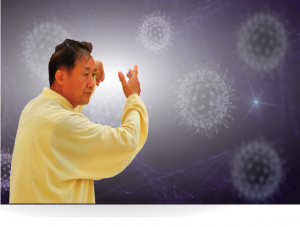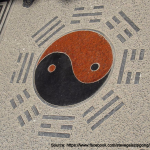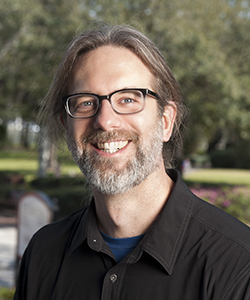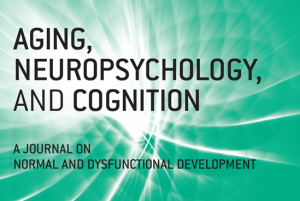by Paul B. Foster
Chinese Literature Today, 8:2, 68-76,
Abstract
This article is a general introduction to the cultural impact of Jin Yong’s works beyond original serialization as they contribute to the construction of the “kungfu industrial complex”—a complicated, multi-dimensional cultural/business matrix related to the production and consumption of Jin Yong’s (and other martial arts writers’) works and legacy. Three selected overlapping areas of impact of Jin Yong’s novels introduced in this article include: kungfu cultural literacy; rhetorical kungfu; and kungfu star power. Kungfu cultural literacy presents a broad look at the cultural content of Jin Yong’s works. Examples highlight Jin Yong’s contributions in each of these areas. Rhetorical kungfu is demonstrated through analysis of Jin Yong’s humorously subversive language in The Deer and the Cauldron and The Demi-Gods and Semi-Devils. Analysis of kungfu star power sketches the role of Shaw Brothers Studios and their TVB actors training program with particular attention to the careers of “The Five Tigers of TVB.”
Author information:

Dr. Paul B. Foster received his Ph.D. in East Asian Languages and Literatures from the Ohio State University (1996). His specialty is the study of Lu Xun 鲁迅, the icon of Modern Chinese Literature. Dr. Foster is the author of
Ah Q Archaeology: Lu Xun, Ah Q, Ah Q Progeny and the National Character Discourse in Twentieth Century China (Lexington Press, 2006), as well as a number of journal articles and conference papers. Dr. Foster’s current research is on the “kungfu industrial complex,” analyzing kungfu fiction, film and popular culture, with a special focus on the martial art fiction master, Jin Yong 金庸.
Promoting study abroad is a particular priority for Dr. Foster, who views this experience as a crucial part of students’ overall education. Dr. Foster designed, developed and co-directed the University System of Georgia Summer Study in China, and designed, developed, and alternately co-directs or coordinates GT School of Modern Languages’ intensive summer Chinese language program in Shanghai and Qingdao, the China LBAT.
Dr. Foster teaches the spectrum of Chinese language courses and enjoys introducing students to contemporary Chinese culture at the upper level through varied media, having created courses to teach language and culture through Pop Music & Culture, Kungfu/Martial Arts Fiction, Strategy & the Art of War, Kungfu & Wuxia Film, and Lu Xun & Modern Chinese Literature.
(more…)
Full Article: https://www.tandfonline.com/doi/pdf/10.1080/21514399.2019.1674616?needAccess=true
 Fan Feng, M.D., Ph.D.,1 Sylvie Tuchman, B.A.,2 John W. Denninger, M.D., Ph.D.,1 Gregory L. Fricchione, M.D.,1 and Albert Yeung, M.D., Sc.D.1,2,⁎
Fan Feng, M.D., Ph.D.,1 Sylvie Tuchman, B.A.,2 John W. Denninger, M.D., Ph.D.,1 Gregory L. Fricchione, M.D.,1 and Albert Yeung, M.D., Sc.D.1,2,⁎








